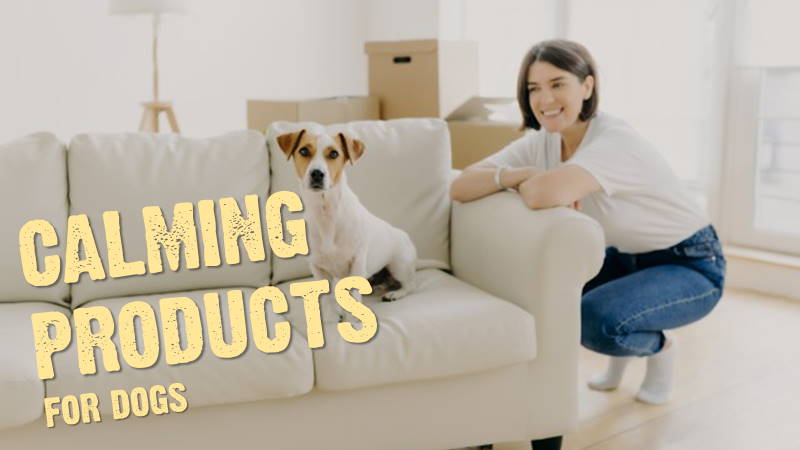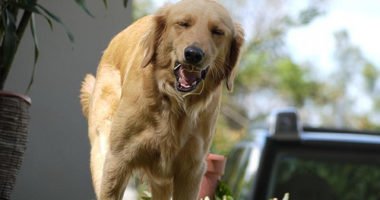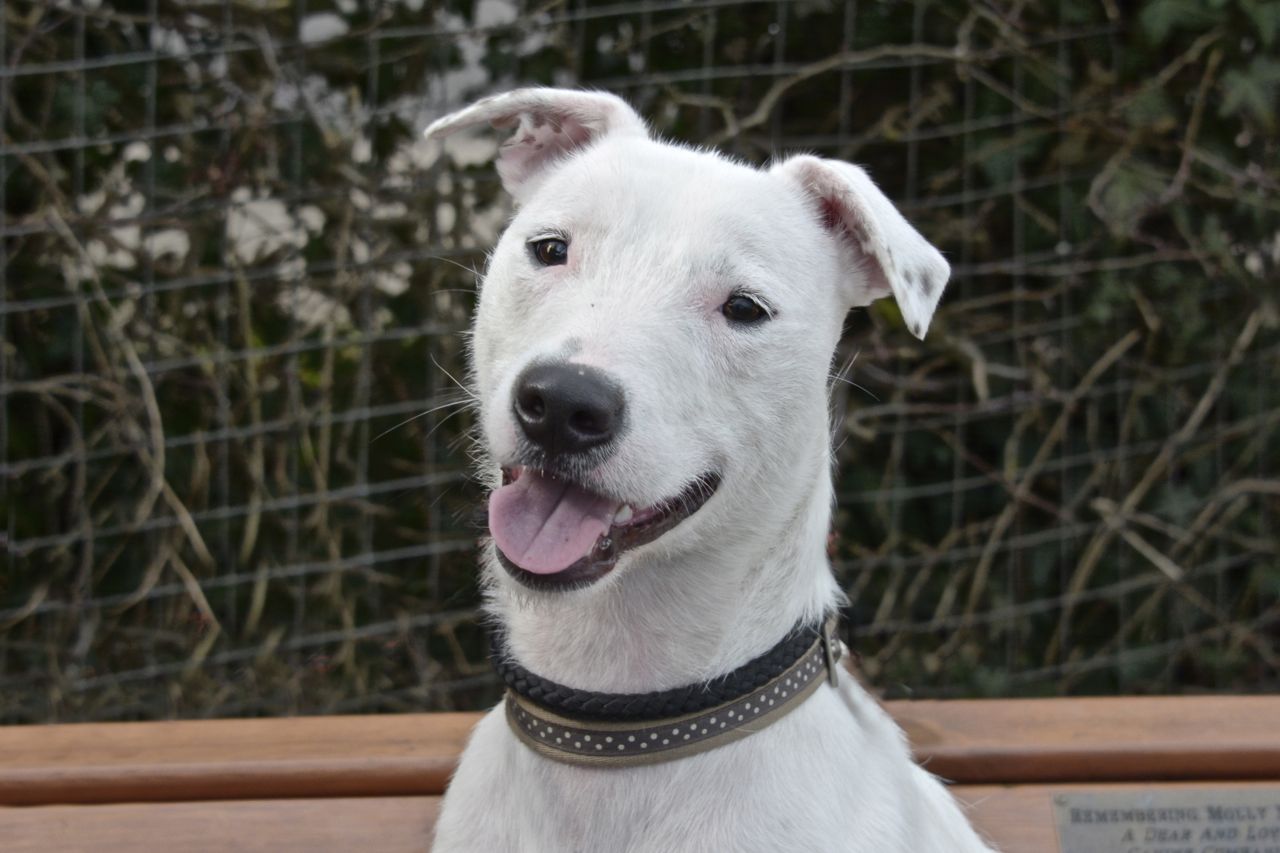Your adult dog needs the right amount of balance in his training. These needs include a regular dose of physical exercise, mental exercise, and the need to socialize.

Providing your dog with these needs will keep him happy, healthy, and may even add extra years to his life.
Mental Needs Of Your Adult Dog
The more you teach your dog, regardless of his age, breed, and personality, the better he will become at all levels of his life. Training your dog to perform certain tasks gives him purpose, which in turn greatly improves the quality of his life. Once your dog learns certain skills, he is no longer just your pet. He becomes more of a friend, a companion, a helper, someone to enjoy more wonderful times with.
Providing your dog with knowledge gives him freedom to do more things. Having the skills to listen, to respond properly to your commands, and the ability to be trained gives him the advantage to explore more and learn more. Instead of staying inside the home all day by himself, you can take him to different places and share more activities with you.
Teach your pal something new each week. This will keep him confident and keep his mind stimulated and alert. Being able to think clearly in his adult life will benefit him when he reaches old age.
If your dog’s intelligence is above average or if is an energetic working breed, you will have to train him more, even in his adult years. Highly intelligent dogs need to have a job to do to keep them entertained, prevent them from becoming bored, and also prevent them from developing destructive behaviors.
Extra training and mental activity is required if you have a working breed. Working breeds need to be worked more to keep them busy and problem-free. A few examples of working breeds are Border Collies, Great Danes, Australian Cattle Dogs, German Shepherds, Australian Shepherds, Rottweilers, and Old English Sheepdogs. These dogs need to think more and do more to stay happy.
Giving your adult dog his regular mental exercise will keep his mind clear, keep him occupied, and prevent boredom. Boredom leads to dissatisfaction, which in turn leads to negative behavior. Regardless of the amount of training and skills he acquired during puppyhood and his adolescent stage, he is likely to develop destructive behaviors again unless you give him a job to do.
The old adage “use it or lose it” not only applies to humans, but to our canine friends as well. Your dog needs to brush up on his skills and talents on a regular basis, otherwise he will forget them. It is that simple!
Enter your email and never miss out on receiving our best articles:







1 comment
Help please! I have a 9 year old Norwich Terrier bitch who has been my sole companion for all of that time – we are inseparable! I have just acquired a new Norwich bitch puppy and am doing all the usual things like getting everyone to make a fuss of my older dog first; feeding her first; making a huge fuss of her myself – almost to the detriment of the pup – keeping them apart at meal times (very dangerous, the older dog reacts very aggressively to her if she comes near); making sure the older dog still has certain places, times and toys that are special for her, but she still isn’t warming to the pup. Normally the older dog is gentle and a real sweetie but she is very jealous of the new pup in spite of all my efforts. What can I do?
Thanks Bumbeesmum